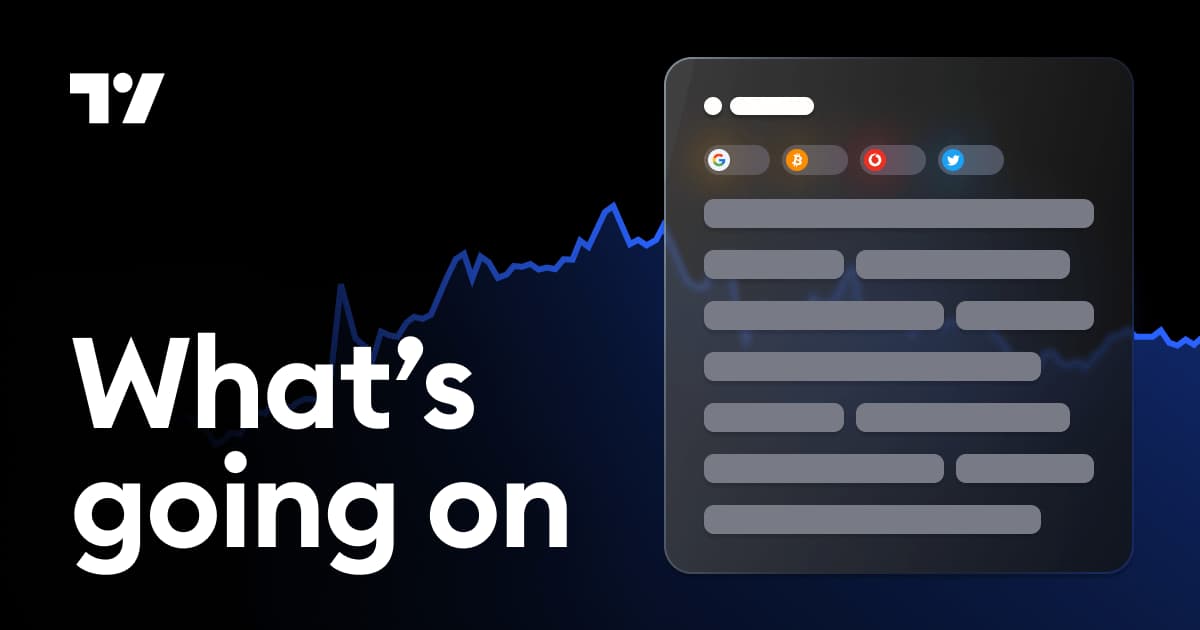Worldcoin’s recent decision to halt its Orb-verification service in India, Brazil, and France has raised eyebrows, especially considering the startup’s recent efforts in these markets. The Orb, a distinctive helmet-shaped device, scans individuals’ eyeballs to verify their identity—a process reminiscent of India’s Aadhaar system that uses biometric data for identification.
Worldcoin’s halts services due to regulatory hurdles
The Tools for Humanity foundation, responsible for overseeing Worldcoin’s development, clarified that the expansion of the Orb into these markets was intended for “limited time access.” Despite this initial intention, the abrupt retreat comes as a surprise, particularly given Worldcoin’s active engagement in India. The startup had strategically deployed pop-up kiosks across various parts of India, creating a buzz as people lined up to sign up and receive free tokens. However, behind the scenes, there were murmurs among crypto startup founders in India, hinting at regulatory hurdles for Worldcoin in the country.
Lily Gordon, a spokesperson for Tools for Humanity, emphasized Worldcoin’s ongoing commitment to collaborating with global partners to ensure regulatory compliance. The objective remains focused on providing a secure, transparent service for verified human users. The Orb, weighing in at five pounds, features a chromatic sphere and utilizes eyeball scanning to verify individuals’ identities. This method draws parallels with India’s Aadhaar system, which employs biometric data for identity verification.
Worldcoin acknowledged these similarities in a post on X (formerly Twitter) back in July 2022. The global tour of the Orb commenced in Tokyo in April 2023, allowing people in various locations across North America, Europe, the Middle East, and Asia to experience the device for the first time. The tour concluded in late summer and included previews of the Orb in several cities globally, coinciding with the launch of the protocol. Worldcoin, co-founded by Sam Altman, initiated the global rollout of its services in July of the same year.
Regulatory hurdles and the unexpected suspension
The primary goal was to create a reliable solution for distinguishing humans from AI online, facilitating global democratic processes, and significantly increasing economic opportunities. Despite the promising start, the sudden withdrawal from key markets raises questions about the challenges Worldcoin might be facing, especially in the face of regulatory complexities. The startup’s proactive approach in India, marked by the establishment of pop-up kiosks and the distribution of free tokens, seemed to indicate a positive trajectory.
The cryptocurrency landscape is dynamic, and regulatory environments vary across regions. Navigating these complexities is a common challenge for crypto startups, and Worldcoin’s experience in India, Brazil, and France underscores the need for a nuanced understanding of local regulatory landscapes. As the crypto industry continues to evolve, startups must adapt to regulatory changes and work collaboratively with authorities to ensure compliance.
The Orb-verification service’s discontinuation in specific markets serves as a reminder of the intricate balance required when introducing innovative technologies in a rapidly changing regulatory environment. Worldcoin’s commitment to regulatory compliance signals its awareness of the evolving landscape and the importance of addressing challenges head-on to build a sustainable and globally accessible platform for verified users.





